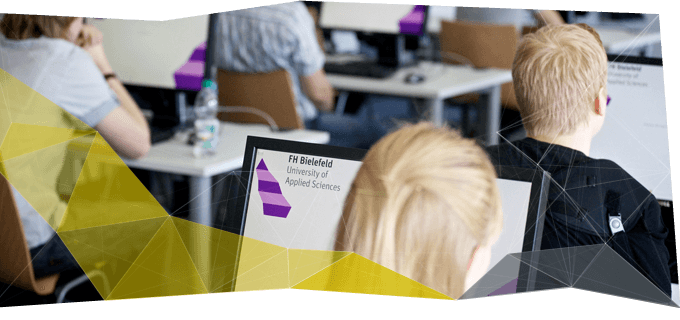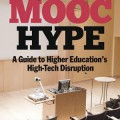European Universities are slowing beginning to offer classes through Massive Online Open Courses (MOOC), attempting to reach a wider audience of students.
One of those educators seeking to reach a wider audience is Jörn Loviscach, a professor of mathematics and computer science at Bielefeld University of Applied Science in Germany. Loviscach recently moved many of his popular lectures from You Tube to a MOOC, which is allowing him to add quizzes and a discussion board to his video lectures.
His videos include tutorials, lectures and other information involving mathematics. They have been viewed on You Tube more than 10 million times, and 26,000 people subscribe to Loviscach’s You Tube channel, according to The New York Times.
Loviscach told The Times he wants to move his lectures to a MOOC platform because, “I realized that there are people out there who are interested in the material, people who need to learn it.”
The lectures are in German. However, Loviscach has made an English language version of his lectures in a partnership with Udacity, one of the biggest MOOC providers in the United States. In Europe, he is negotiating with the MOOC platform Iversity.
The change in the European attitude about MOOCs could well open the door for those wishing to study business but experiencing financial or geographic constraints.

While the popularity of MOOCs in Europe has been slow to catch fire, it’s a virtual blaze in the United States, where the debate in academic circles has already moved into how the MOOC will change the business model of higher education.
MOOCs have also been developed rapidly in Canada, Australia and the United Kingdom, according to a report from the British government.
The report – from the UK Department for Business, Innovation and Skills – found that while MOOCs are seen as an opportunity to reach a worldwide audience, certain barriers (particularly language and online literacy) make some see them as another form of imperialism, according to an article on the report from University World News.
The report explained the two side of the issue this way – while MOOCs are “hailed as a cost-free access to excellent resources and learning experiences in less educationally privileged geographies,” they also are seen as “excluding developing world students and privileging learners from the most highly developed educational environments.”
Jessica Leber, writing in the MIT Technology Review, put the issue a bit more bluntly. Leber wrote that MOOCs certainly offer the potential to spread the benefits of learning and education to the entire planet. However, she wrote, there are many technical obstacles such as computing infrastructure and bandwidth in less developed countries.
To deliver on its promise, MOOCs “would need to be tailored to a more diverse worldwide audience, not the Westernized Anglophones currently served,” according to Leber, as quoted in the University World News.





